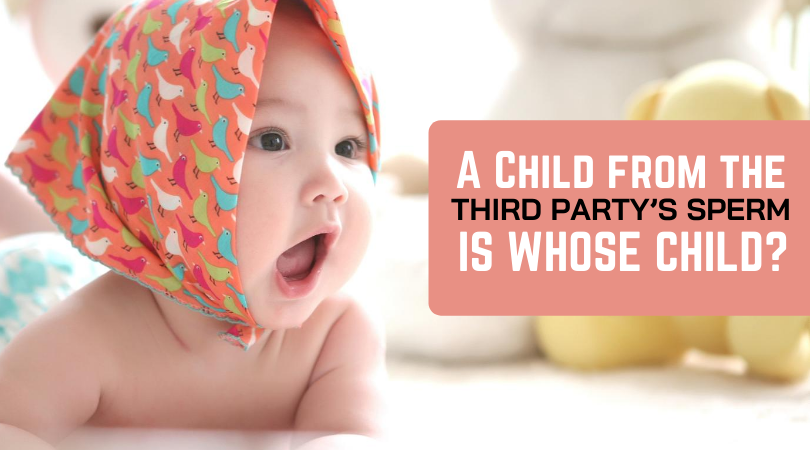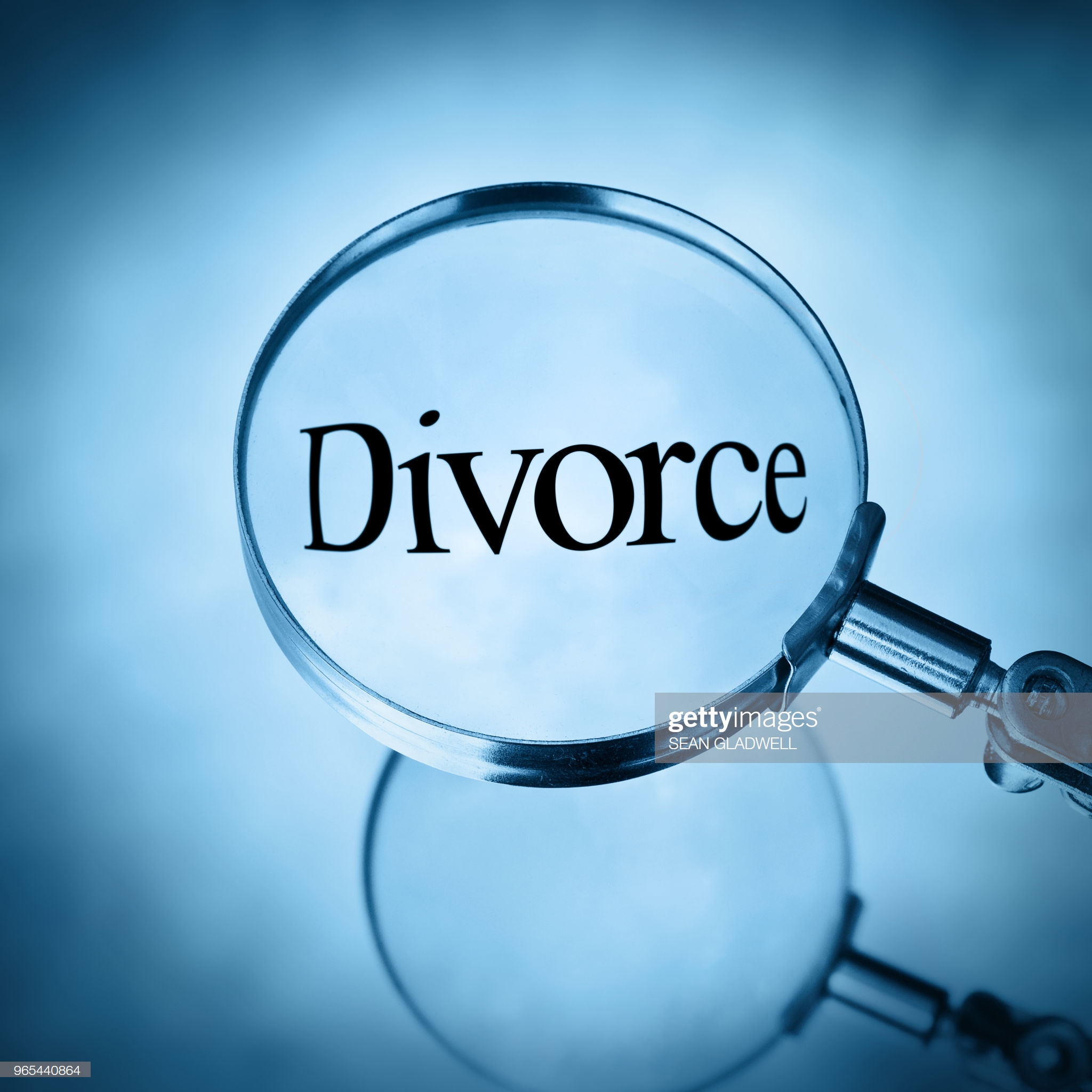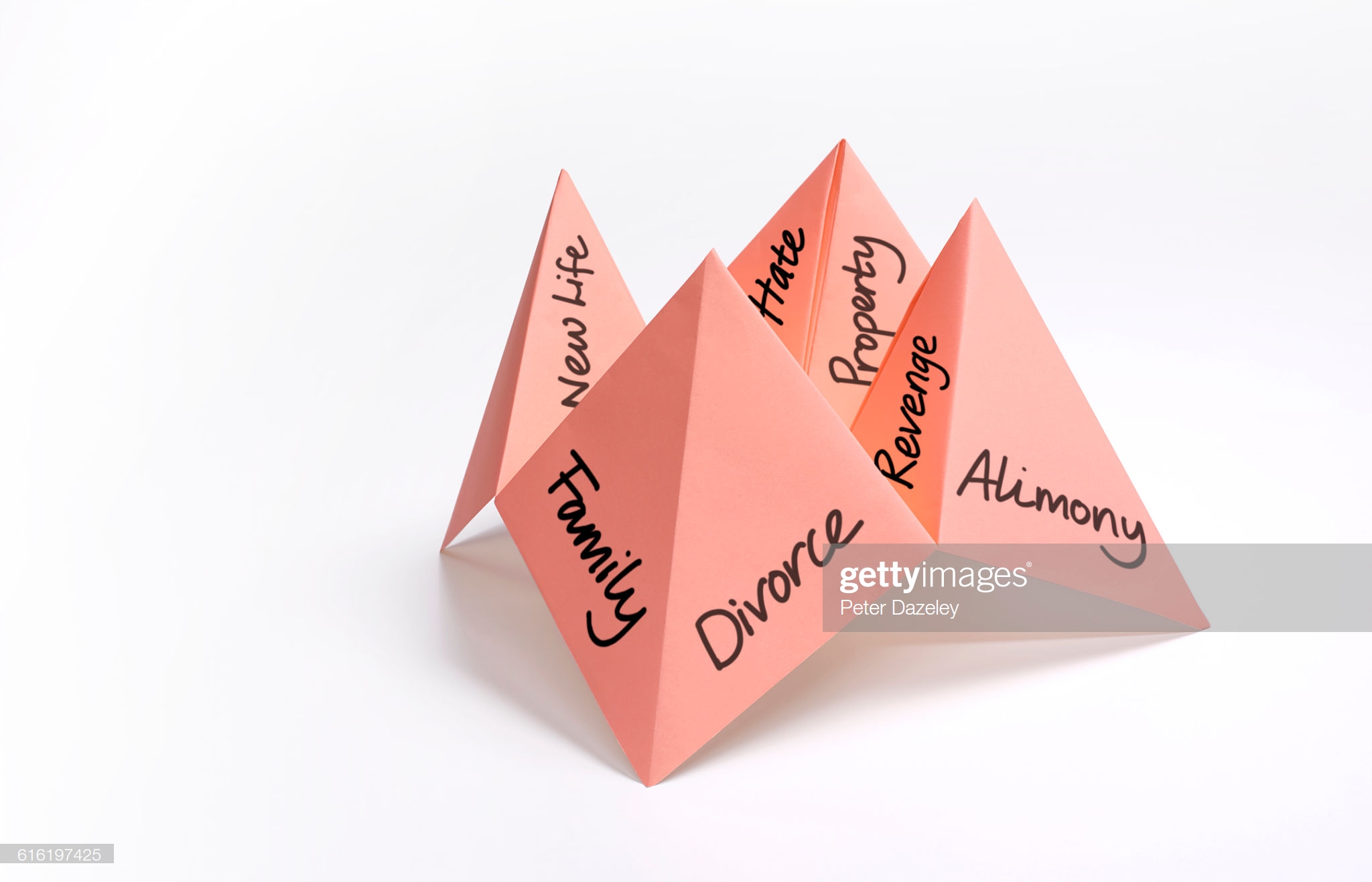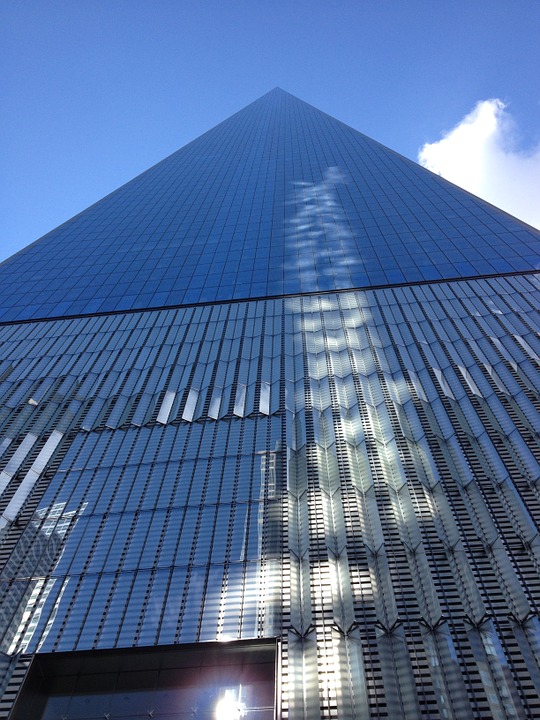[Supreme Court Decision – Criminal Law] – On Uploading a “Torrent File” of Obscene Videos
February 10, 2020LSA Articles To Be Checked in Making an Employment Agreement
February 12, 2020I’d like to introduce Supreme Court Decision stating that in case a person makes a statement damaging another person’s reputation when checking out if the rumor is true, the person’s intent for defamation is not recognized.
Please refer to the case 2018Do4200 Decided June 15, 2018 and for further legal inquiries, please contact me at https://lawyerhwang.com/consultation/ or [email protected];
Source: https://library.scourt.go.kr/SCLIB_data/decision/9-2018Do4200.htm
|
Supreme
Court Decision 2018Do4200 Decided June 15, 2018 【Defamation】 |
【Main Issues and Holdings】
[1] Requirements to establish defamation
In the event that a statement or a remark about another person was made causing damage to that person’s reputation during the process of verifying a scandalous rumor, whether in such case intent of defamation may be recognizable (negative)
[2] Meaning of “published or publicly made available,” one of the constituent elements of defamation
Where “published or publicly made available” is acknowledged as an element to establish defamation on the grounds that publicly alleged facts tend to rapidly and widely spread, method of determining the substance and existence of intent as a subjective constituent element
[3] In a case where the Defendant who is a mart operator: (a) asked to see Party A, an employee of a company that supplies ice cream products to the Defendant’s mart; (b) made false remarks by saying, “I heard that other suppliers pay a fee to have their products displayed on racks. How much did your employer pay? Party B (Defendant’s store manager) pocketed cash payments from several suppliers and is currently under investigation.”; and (c) was indicted on the charge of defaming Party B, the case holding that the lower judgment convicting the Defendant is erroneous as it was based on a misapprehension of the legal doctrine on the constituent elements of defamation (i.e., intent, published or publicly made available)
【Summary of Decision】
[1] Establishment of defamation requires a subjective constituent element, namely, an intentional act to defame another by publicly alleging a fact that is sufficient to devalue that person’s social identity. Therefore, if a statement or a remark about another person was made damaging that person’s reputation while making inquiries to verify a scandalous rumor, intent of defamation is difficult to acknowledge in light of the motive behind making such statement or remark.
[2] As a constituent element of defamation, “published or publicly made available” refers to a state in which many and unspecified persons are aware of a publicly alleged fact. Albeit facts were conveyed to only a single person, the constituent element, supra, is acknowledged if there is even a remote possibility that the facts would subsequently spread to many and unspecified persons; however, this does not hold true if it is improbable that such facts would be disseminated to many and unspecified persons. Meanwhile, willful negligence ought to serve as a subjective element for the establishment of crime where “published or publicly made available” is acknowledged as the constituent element of defamation on the grounds that publicly alleged facts tend to rapidly and widely spread, as mentioned above. As such, the awareness that a publicly alleged fact is likely to spread and the inherent intent of condoning any adverse outcomes arising therefrom should both exist. An actor’s psychological state should be inferred by taking into consideration how a layman would assess the disseminating probability of publicly alleged facts based on such specific circumstances as the form of act externally expressed.
[3] In a case where the Defendant who is a mart operator: (a) asked to see Party A, an employee of a company that supplies ice cream products to the Defendant’s mart; (b) made false remarks by saying, “I heard that other suppliers pay a fee to have their products displayed on racks. How much did your employer pay? Party B (Defendant’s store manager) pocketed cash payments from several suppliers and is currently under investigation.”; and (c) was indicted on the charge of defaming Party B, the Court held as follows: (a) in full view of such circumstances as the Defendant, upon starting the mart business, hired Party B as the store manager; became suspicious of Party B when inventory checks led to discrepancies in certain items and the amount; questioned other mart employees regarding his suspicion about Party B and, during the process, heard that Party B had received cash payments from suppliers; and asked to see Party A and questioned him as to how much he paid Party B; (b) the Defendant, after hearing the rumor that Party B embezzled cash that he received from suppliers, appears to have made such remarks while questioning Party A about the rumor and attempting to find out if Party A had also paid Party B; (c) that being said, the Defendant did not express such remarks intending to devalue Party B’s social identity or knowing that adverse consequences may arise therefrom, and thus, intent of defamation is difficult to acknowledge; (d) meanwhile, taking into account that the Defendant talked with Party A in an office where no one else was present, and told Party A to keep the matter to himself and not say anything to Party B but thereafter, Party A appears to have told only Party B and no one else; (e) deeming that the Defendant had an inherent awareness that such rumor would spread and had condoned adverse consequences resulting therefrom is difficult; (f) nonetheless, the lower court deemed otherwise and convicted the Defendant; and (g) in so doing, it erred by misapprehending the legal doctrine on the constituent elements of defamation (i.e., intent, published or publicly made available).
【Reference Provisions】[1] Articles 13 and 307 of the Criminal Act / [2] Articles 13 and 307 of the Criminal Act / [3] Articles 13 and 307(2) of the Criminal Act; Article 325 of the Criminal Procedure Act
Article 13 of the Criminal Act (Criminal Intent)
Act performed through ignorance of the facts which comprise the constituent elements of a crime shall not be punishable, except as otherwise provided by Act.
Article 307 of the Criminal Act (Defamation)
(1) A person who defames another by publicly alleging facts shall be punished by imprisonment or imprisonment without prison labor for not more than two years or by a fine not exceeding five million won. <Amended by Act No. 5057, Dec. 29, 1995>
(2) A person who defames another by publicly alleging false facts shall be punished by imprisonment for not more than five years, suspension of qualifications for not more than ten years, or a fine not exceeding ten million won. <Amended by Act No. 5057, Dec. 29, 1995>
Article 325 of the Criminal Procedure Act (Judgment of Not Guilty)
A finding “not guilty” shall be pronounced by judgment if the facts against the criminal defendant do not constitute an offense or if the evidence of the criminal act is insufficient.
【Reference Cases】[1][2] Supreme Court Decision 2010Do2877 decided Oct. 28, 2010 / [1] Supreme Court Decision 85Do588 decided May 28, 1985 (Gong1985, 972) / [2] Supreme Court Decisions 99Do5622 decided May 16, 2000 (Gong2000Ha, 1468); 2004Do8914 decided May 27, 2005; 2010Do7497 decided Sept. 8, 2011 (Gong2011Ha, 2167)
【Defendant】Defendant
【Appellant】Defendant
【Judgment of the court below】Incheon District Court Decision 2017No4452 decided February 14, 2018
【Disposition】The lower judgment is reversed, and the case is remanded to the Incheon District Court.
【Reasoning】The grounds of appeal are examined.
1. Establishment of defamation requires a subjective constituent element, namely, an intentional act to defame another by publicly alleging a fact that is sufficient to devalue that person’s social identity (see Supreme Court Decision 2010Do2877, Oct. 28, 2010). Therefore, if a statement or a remark about another person was made damaging that person’s reputation while making inquiries to verify a scandalous rumor, intent of defamation is difficult to acknowledge in light of the motive behind making such statement or remark (see Supreme Court Decision 85Do588, May 28, 1985).
Also, as a constituent element of defamation, “published or publicly made available” refers to a state in which many and unspecified persons are aware of a publicly alleged fact. Albeit facts were conveyed to only a single person, the constituent element, supra, is acknowledged if there is even a remote possibility that the facts would subsequently spread to many and unspecified persons; however, this does not hold true if it is improbable that such facts would be disseminated to many and unspecified persons (see, e.g., Supreme Court Decisions 99Do5622, May 16, 2000; 2010Do7497, Sept. 8, 2011). Meanwhile, willful negligence ought to serve as a subjective element for the establishment of crime where “published or publicly made available” is acknowledged as the constituent element of defamation on the grounds that publicly alleged facts tend to rapidly and widely spread, as mentioned above. As such, the awareness that a publicly alleged fact is likely to spread and the inherent intent of condoning any adverse outcomes arising therefrom should both exist. An actor’s psychological state should be inferred by taking into consideration how a layman would assess the disseminating probability of publicly alleged facts based on such specific circumstances as the form of act externally expressed (see, e.g., Supreme Court Decisions 2004Do8914, May 27, 2005; 2010Do2877, Oct. 28, 2010).
2. The gist of the facts charged in the instant case is that the Defendant, operator of ○○○ Mart, asked to see the Nonindicted Party, an employee of the company that supplies ice cream products to the Defendant’s Mart, and said, “I heard that other suppliers pay a fee of roughly KRW 2 million or KRW 4 million to have their products displayed on racks. How much did your employer pay to have the ice cream products sold at ○○○ Mart? The store manager (hereinafter “Victim”) pocketed cash payments from several suppliers and is currently under investigation.” By publicly making such false statements, the Defendant was accused of having defamed the Victim.
The lower court reasoned that the Defendant made such remarks, as indicated in the facts charged, to the Nonindicted Party intending to receive and use the cash payments from suppliers, and accordingly, found the Defendant guilty of the facts charged.
3. However, the lower court’s determination as above is difficult to accept on the following grounds.
A. The record reveals the following.
① Around January 2013, the Defendant built a three-floor commercial building, operated ○○○ Mart on the first floor, and used the second floor as office space.
② On July 10, 2014, when ○○○ Mart opened for business, the Defendant hired the Victim as the store manager to handle the Mart’s management affairs.
③ On December 20, 2014, the Defendant conducted inventory checks and found discrepancies in certain items and the amount. From that point on, the Defendant became suspicious of the Victim and began asking other employees regarding his suspicion about the Victim.
④ During the process of questioning employees, the Defendant heard that the Victim had received cash payments from suppliers and, subsequently, around May 20, 2015, asked to see the Nonindicted Party, an employee of the company that supplies ice cream products to the Defendant’s Mart, in the second-floor office as mentioned above and asked how much he paid the Victim. When the Nonindicted Party denied having made any payments, the Defendant continued to question him by saying, “I know everything so be straight with me. [The Victim] is currently being investigated for having pocketed cash payments from several suppliers.”
⑤ Nearing the end of their conversation, the Defendant specifically told the Nonindicted Party to keep the matter to himself and not tell the Victim that questions were asked about him.
⑥ Thereafter, the Nonindicted Party told the Victim that the Defendant had asked such questions.
B. In full view of the above circumstances, it is tenable to deem that the Defendant, after hearing the rumor that the Victim embezzled cash that he received from suppliers, made such remarks as indicated in the facts charged while questioning the Nonindicted Party about the rumor and attempting to find out if the Nonindicted Party had also paid the Victim.
Therefore, examining these facts in light of the legal principle as seen earlier, the Defendant did not express such remarks intending to devalue the Victim’s social identity or knowing that adverse consequences may arise therefrom but, rather, did so during the process of making inquiries to verify whether the Victim had, in fact, received cash payments. As such, intent of defamation is difficult to acknowledge on the part of the Defendant.
Although the lower court held that the Defendant made such remarks intending to receive and personally use the cash payments, irrespective of what the Defendant’s genuine intent was, it is evident that the Defendant’s remarks were made while questioning other employees to verify the rumor involving the Victim. That being said, the Defendant’s intention, as determined by the lower court, does not affect the conclusion of the judgment on whether to acknowledge intent of defamation.
Moreover, deeming that the Victim had an inherent awareness that such rumor would spread and had condoned negative consequences resulting therefrom is difficult when factoring in the following: (a) the Defendant asked to talk with the Nonindicted Party in the second-floor office without anyone else present; (b) the Defendant specifically told the Nonindicted Party to keep the matter to himself and not tell the Victim that he questioned the Nonindicted Party as to whether the Victim had received cash payments from suppliers; and (c) the Nonindicted Party thereafter told the Victim but no other circumstances were found to deem that he told anybody else.
C. Yet the lower court, solely based on its stated reasoning, acknowledged “intent” and “published or publicly made available” that are the constituent elements to establish defamation and rendered a guilty verdict as to the instant facts charged. In so determining, the lower court erred by misapprehending the legal doctrine on the constituent elements of defamation (i.e., intent, published or publicly made available), thereby adversely affecting the conclusion of the judgment. The allegation contained in the grounds of appeal on this point is with merit.
4. Therefore, the lower judgment is reversed, and the case is remanded to the lower court for further proceedings consistent with this Opinion. It is so decided as per Disposition by the assent of all participating Justices on the bench.
Justices Kim So-young (Presiding Justice)
Ko Young-han
Kwon Soon-il
Cho Jae-youn (Justice in charge)
Related posts
Blog Articles
Contact Information
201, 160, Seochojungang-ro, Seocho-gu, Seoul, Republic of korea.
Phone: +82-2-535-1235
Mobile: 010 5349 1235
Fax: +82-2-536-1236
Email: [email protected]

![[Supreme Court Decision – Criminal Law] – On Intent of Defamation](https://lawyerhwang.com/wp-content/uploads/2020/03/Supreme-Court-Decision-–-Criminal-Law-–-On-Intent-of-Defamation.png)

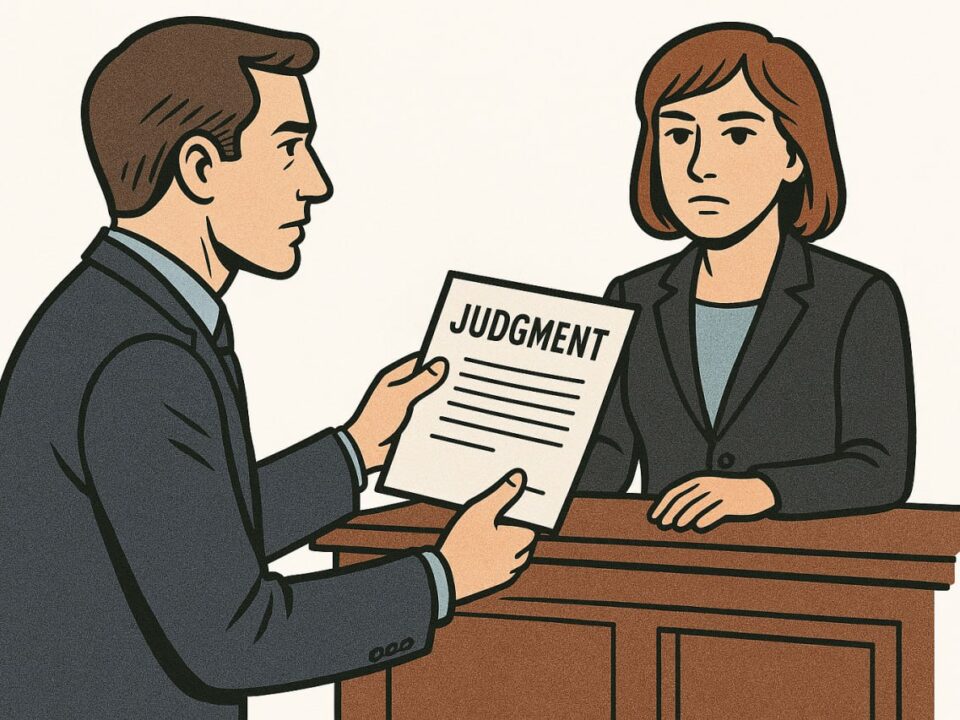


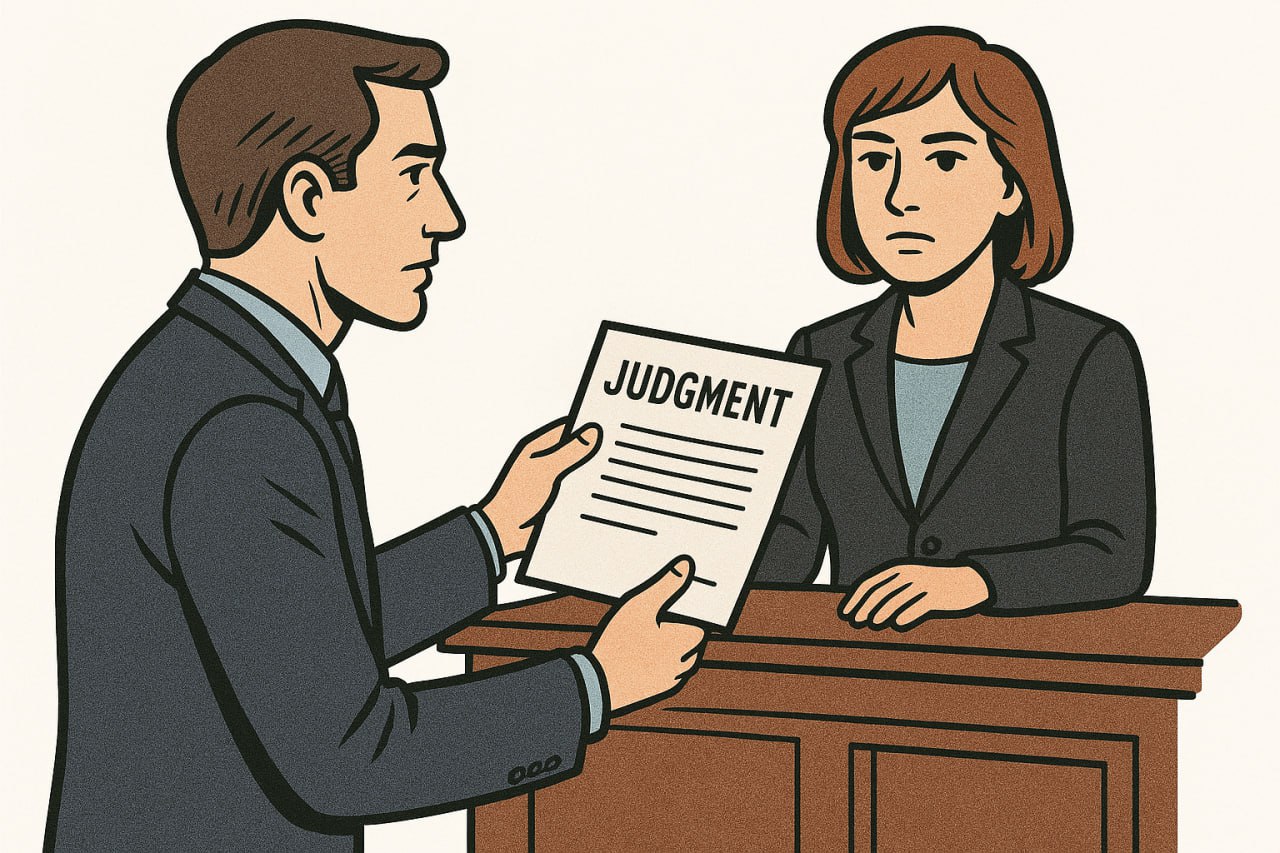















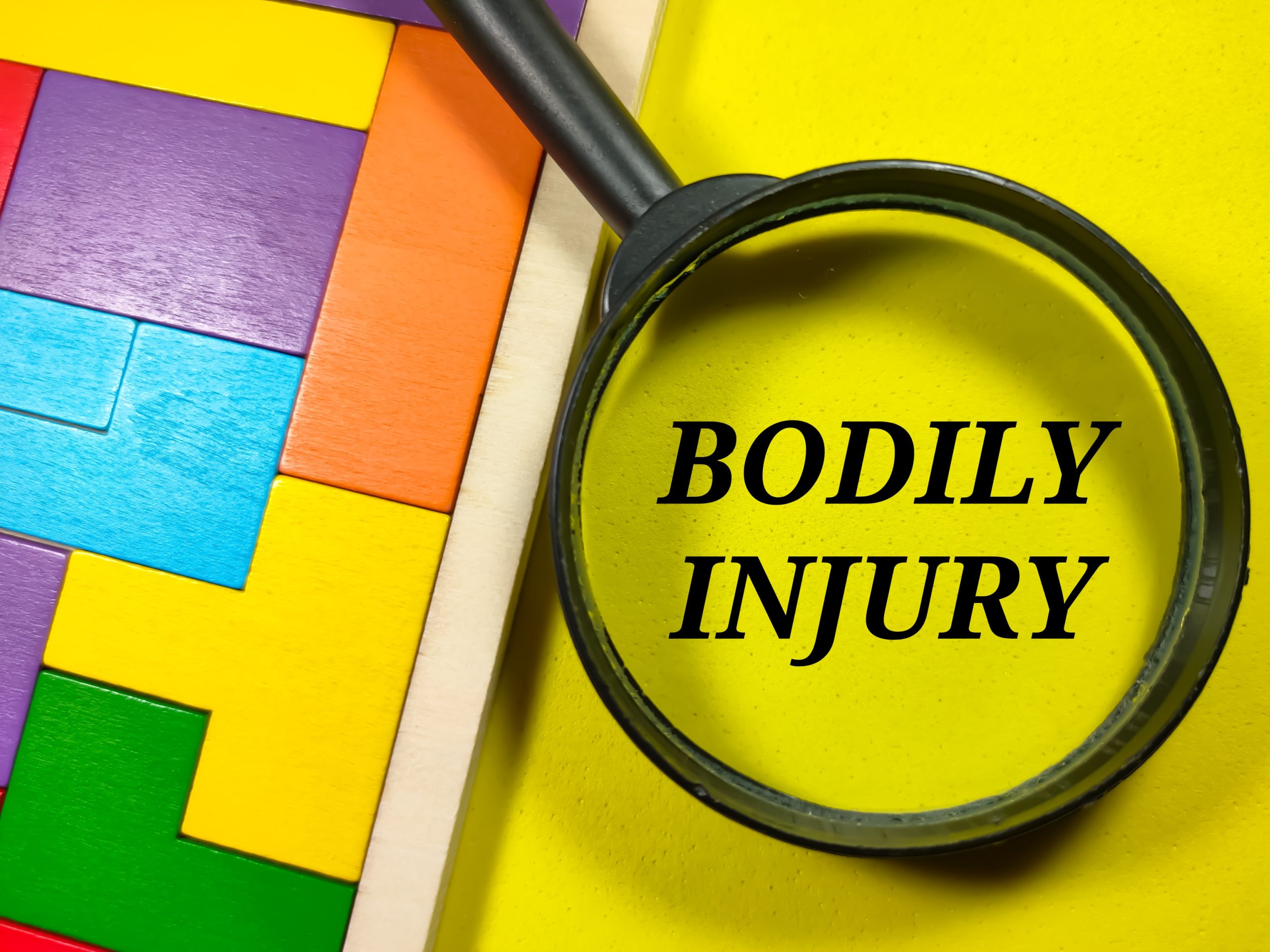





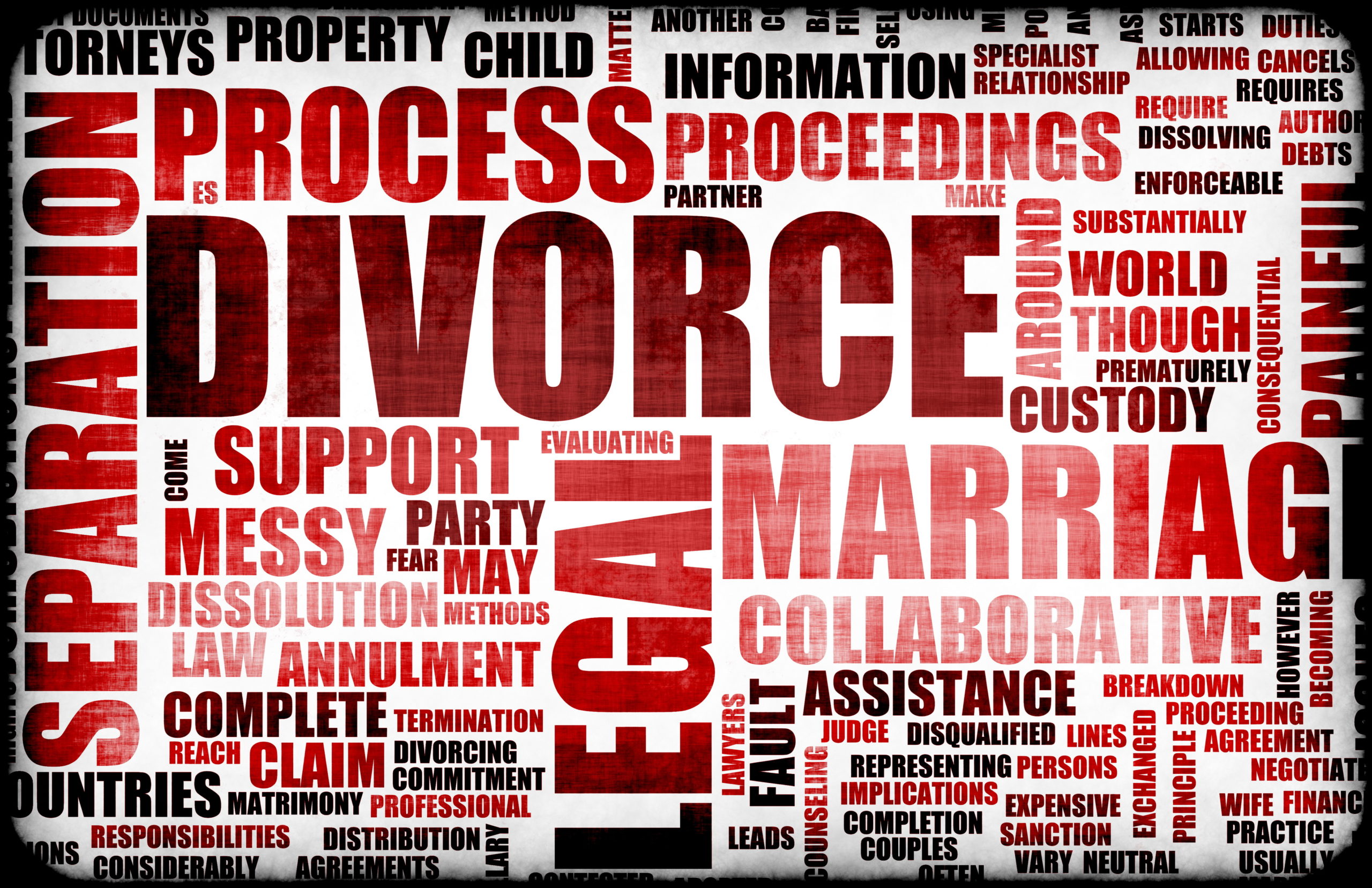


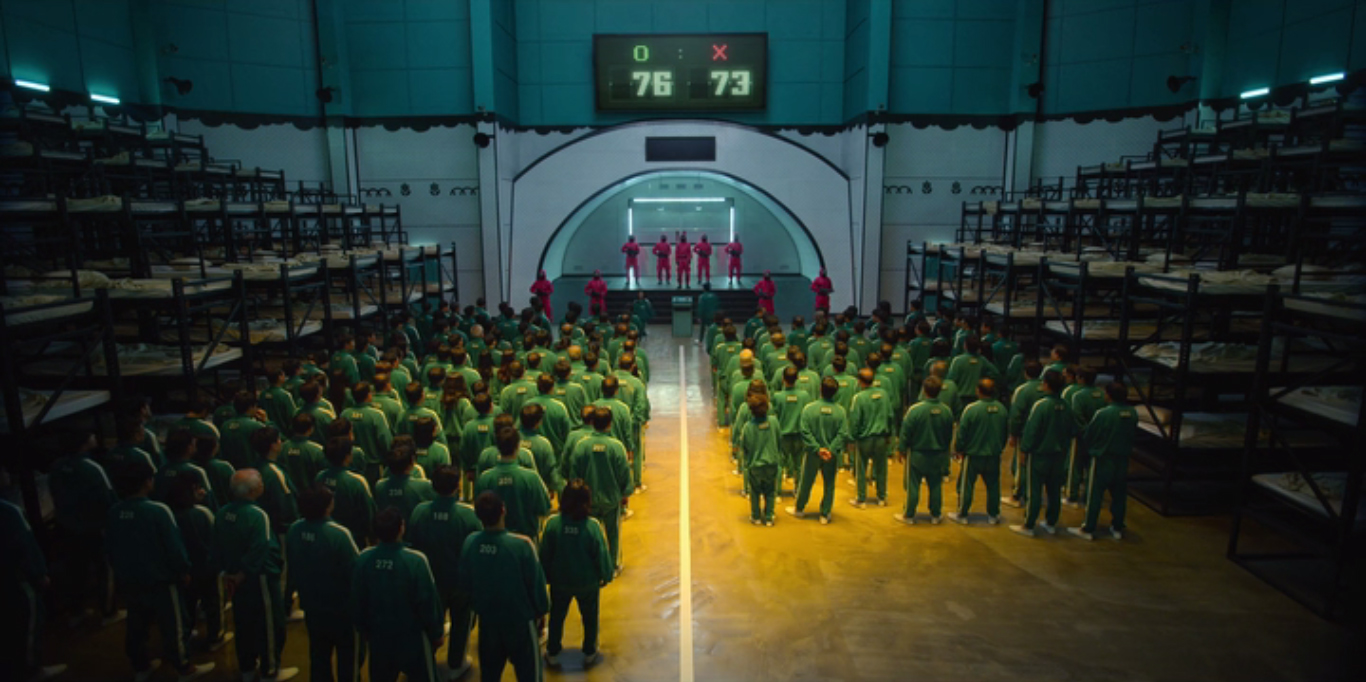
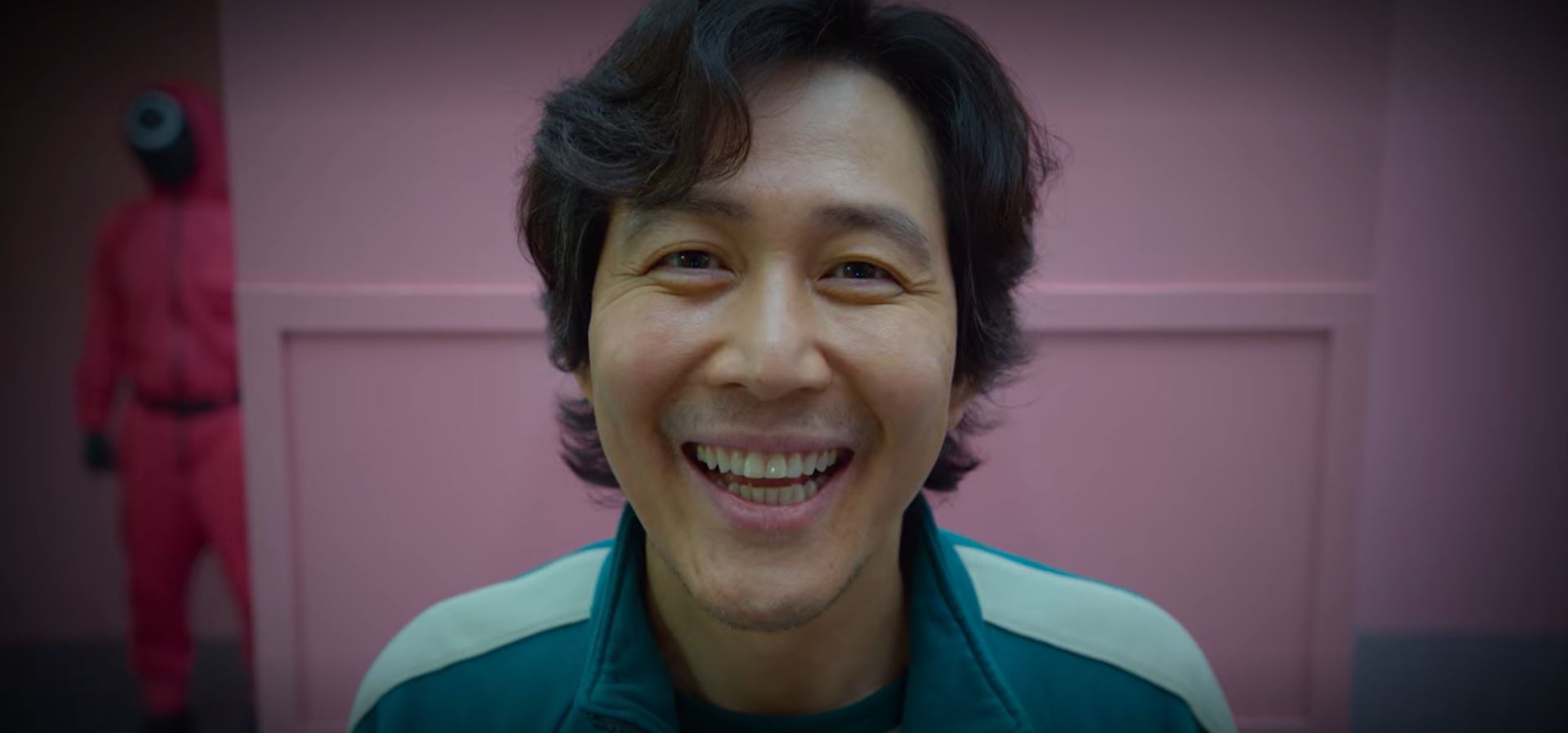
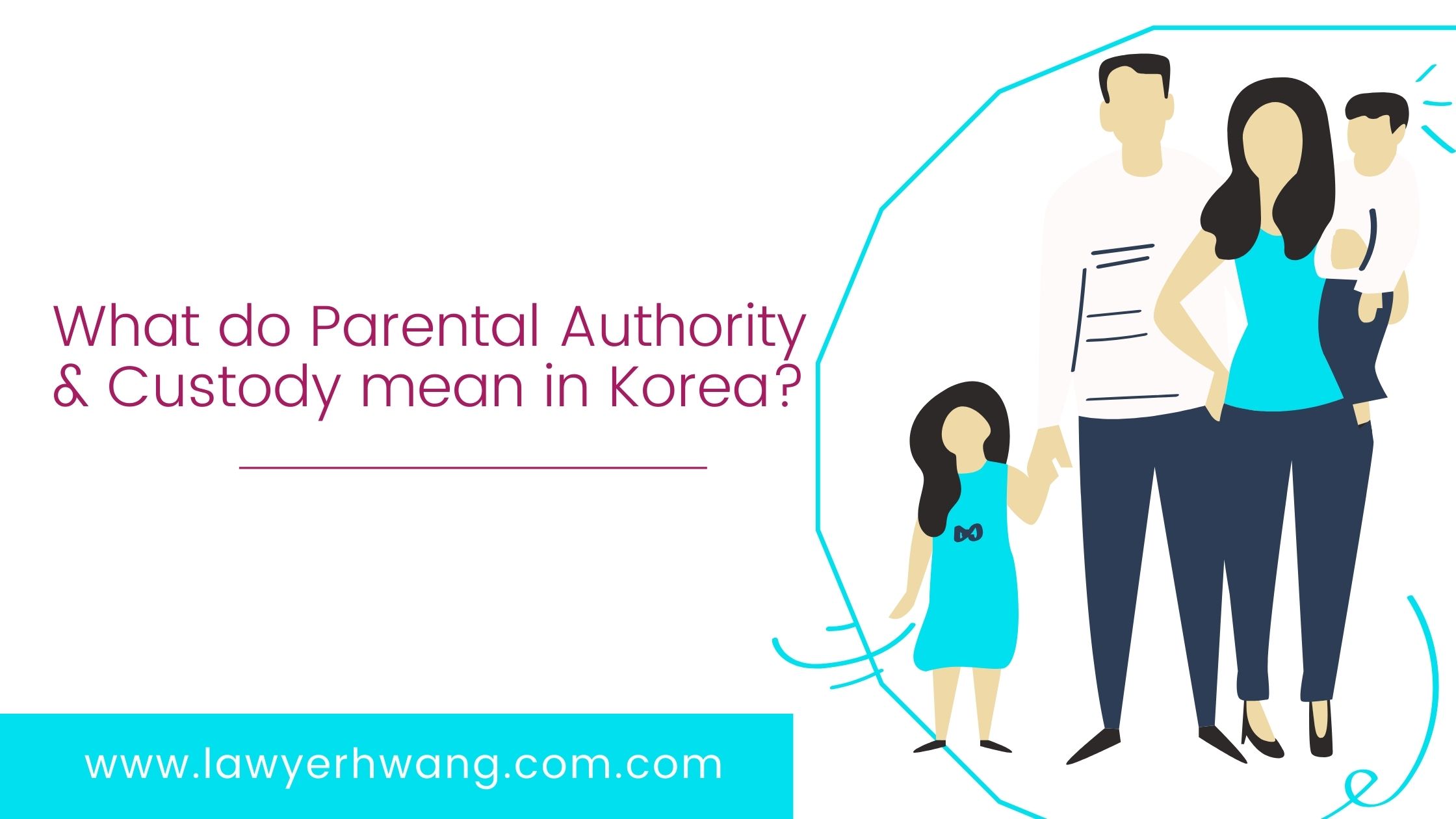

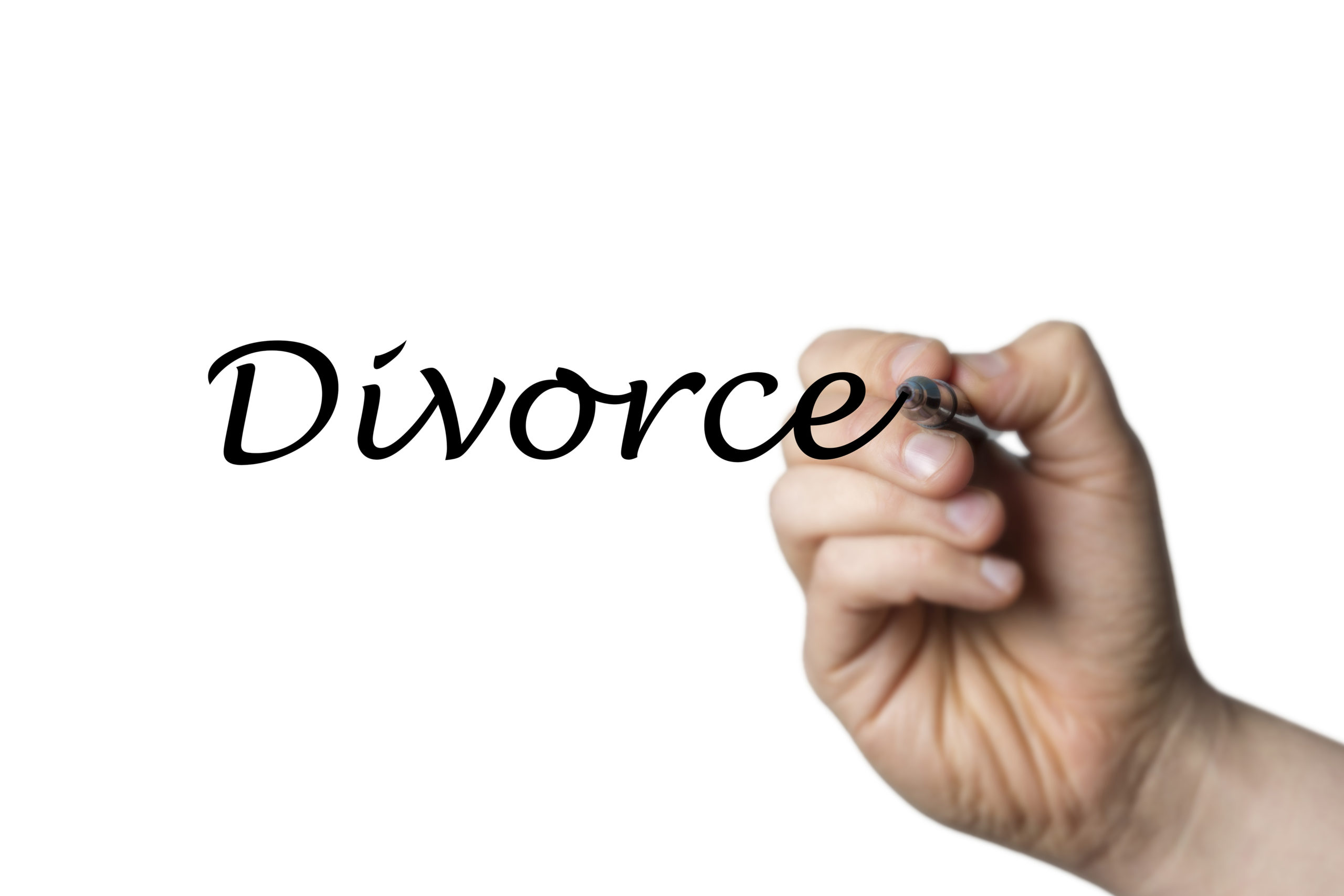
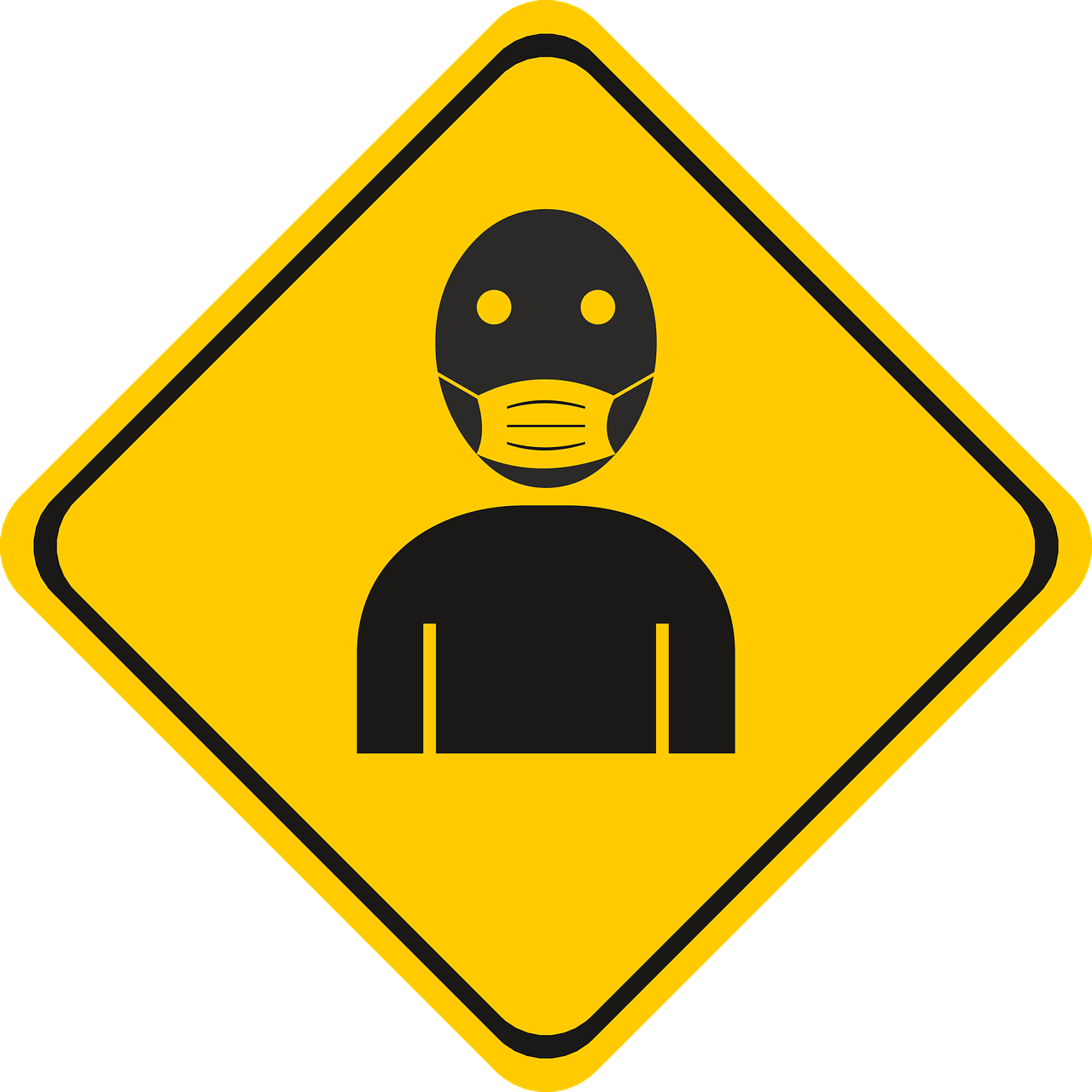
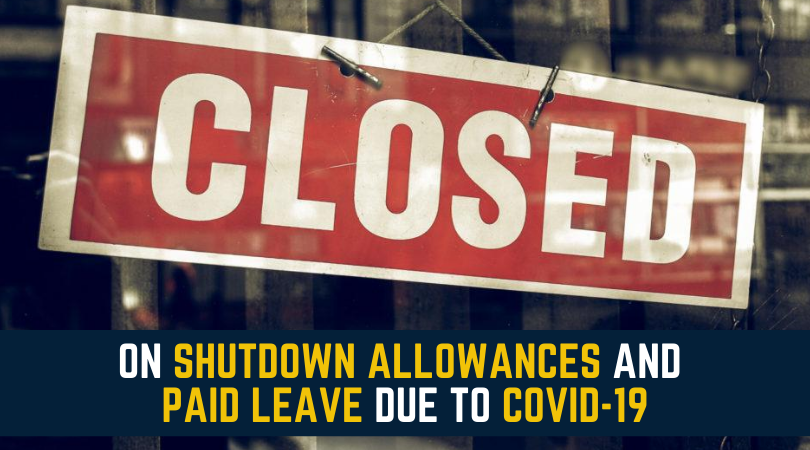
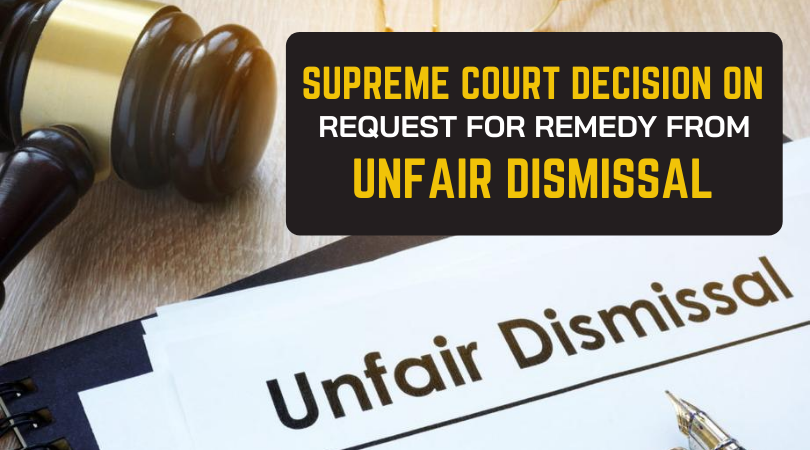
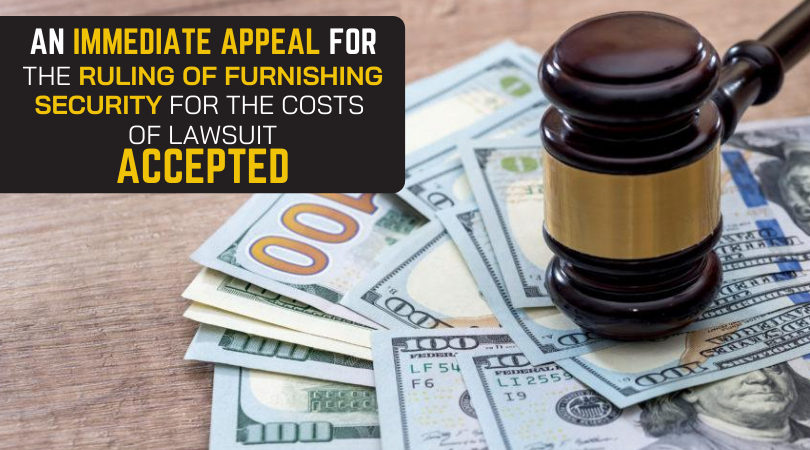
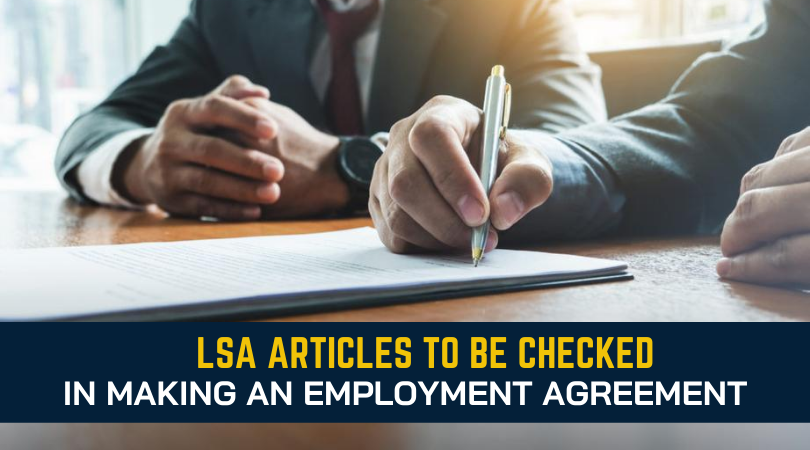
![[Supreme Court Decision – Criminal Law] – On Uploading a “Torrent File” of Obscene Videos](https://lawyerhwang.com/wp-content/uploads/2020/03/Supreme-Court-Decision-–-Criminal-Law-On-Uploading-a-“Torrent-File”-of-Obscene-Videos.png)

